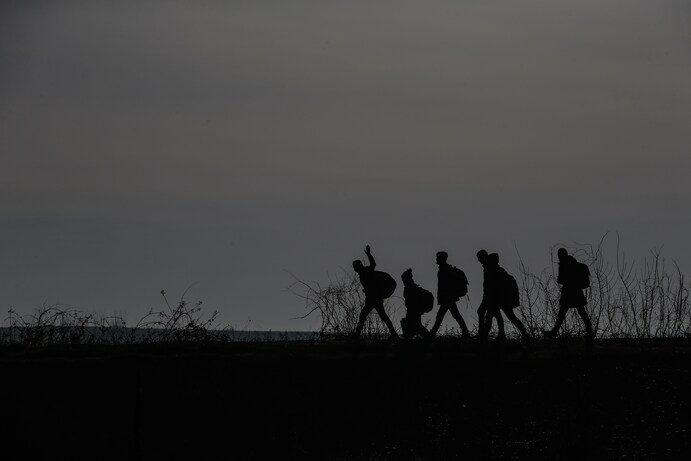The European Court of Human Rights has issued a landmark ruling against Greece, condemning its illegal deportation of a Turkish migrant and describing the practice of summary expulsions, or “pushbacks,” as systematic. The decision, announced in Strasbourg, France, highlights ongoing concerns about how European nations handle migrants at their borders.
The court ruled in favor of a Turkish woman, identified as A.R.E., who was deported from Greece to Turkey in 2019 without being given the opportunity to apply for asylum. She was awarded €20,000 ($21,000) in damages. The court noted that there was substantial evidence of a systematic pushback policy by Greek authorities in the Evros border region.
This ruling comes at a time when Greece and several European Union member states are pushing for stricter immigration controls. The decision could set a precedent, influencing how Europe addresses migrant rights and border policies.
What is the impact of this ruling?
The ruling highlights the importance of adhering to international law and ensuring that migrants have access to asylum procedures. The United Nations refugee agency has urged Greece to investigate allegations of pushbacks more thoroughly, while human rights organizations have repeatedly called the practice a systematic violation of human rights.
However, Greece’s National Transparency Authority, a government-funded corruption watchdog, concluded in a 2022 investigation that there was no evidence to support claims of systematic pushbacks. Greek officials also denied the allegations during court hearings, challenging the authenticity of the presented evidence.
The court rejected a separate claim by an Afghan teenager who alleged illegal deportation from the Greek island of Samos in 2020, citing insufficient evidence.
The European Court of Human Rights, based in Strasbourg, oversees human rights violations by 46 member states of the Council of Europe. This body, which predates the European Union, plays a critical role in upholding human rights standards across Europe.
The ruling highlights the ongoing tension between border security and human rights, urging nations to balance immigration control with respect for international laws protecting migrants and asylum seekers.

